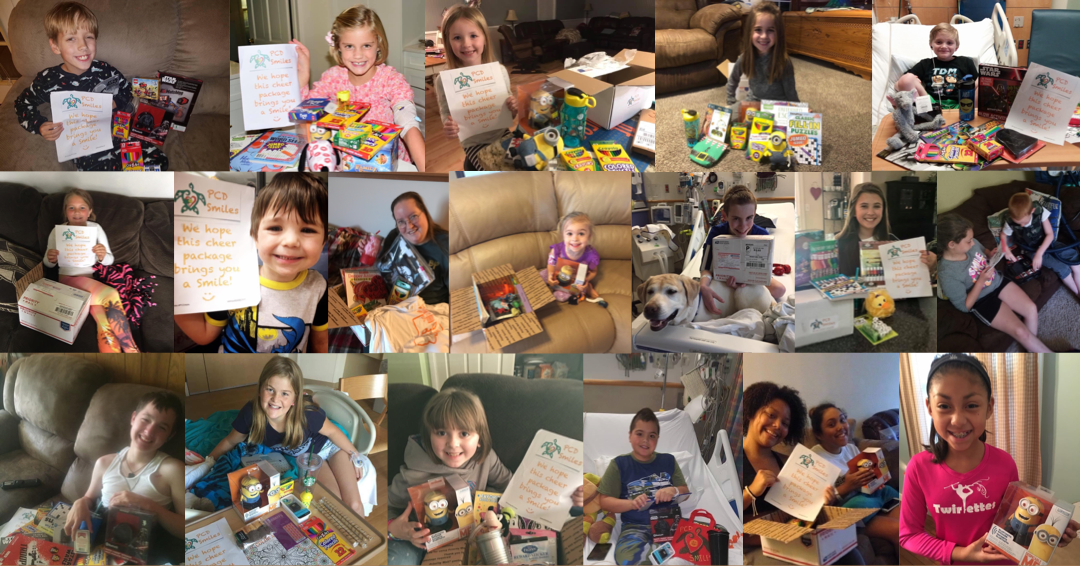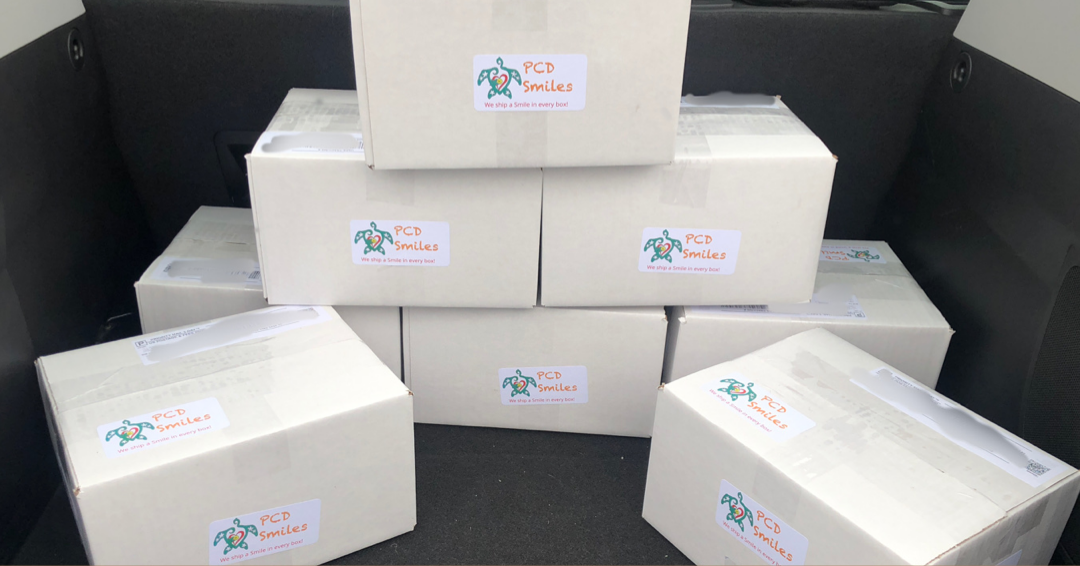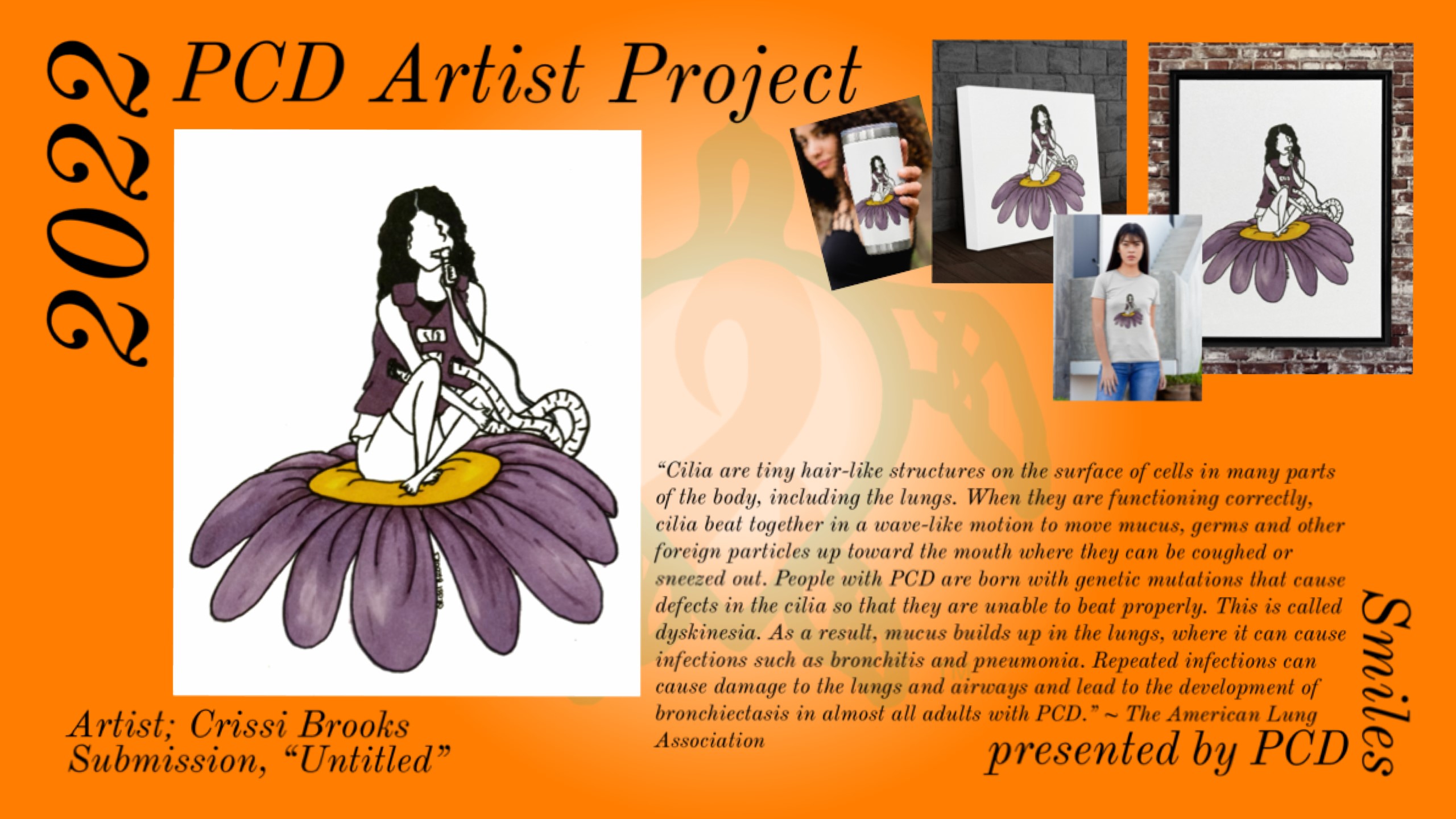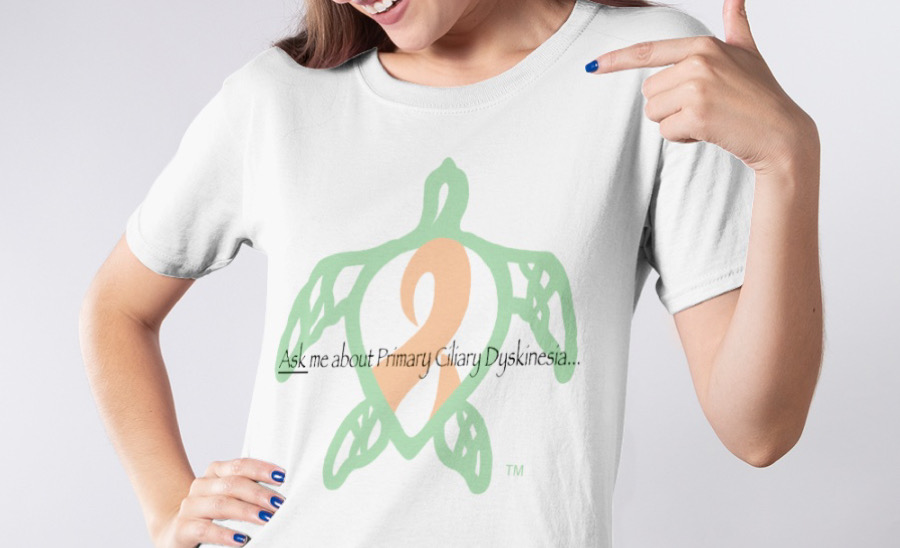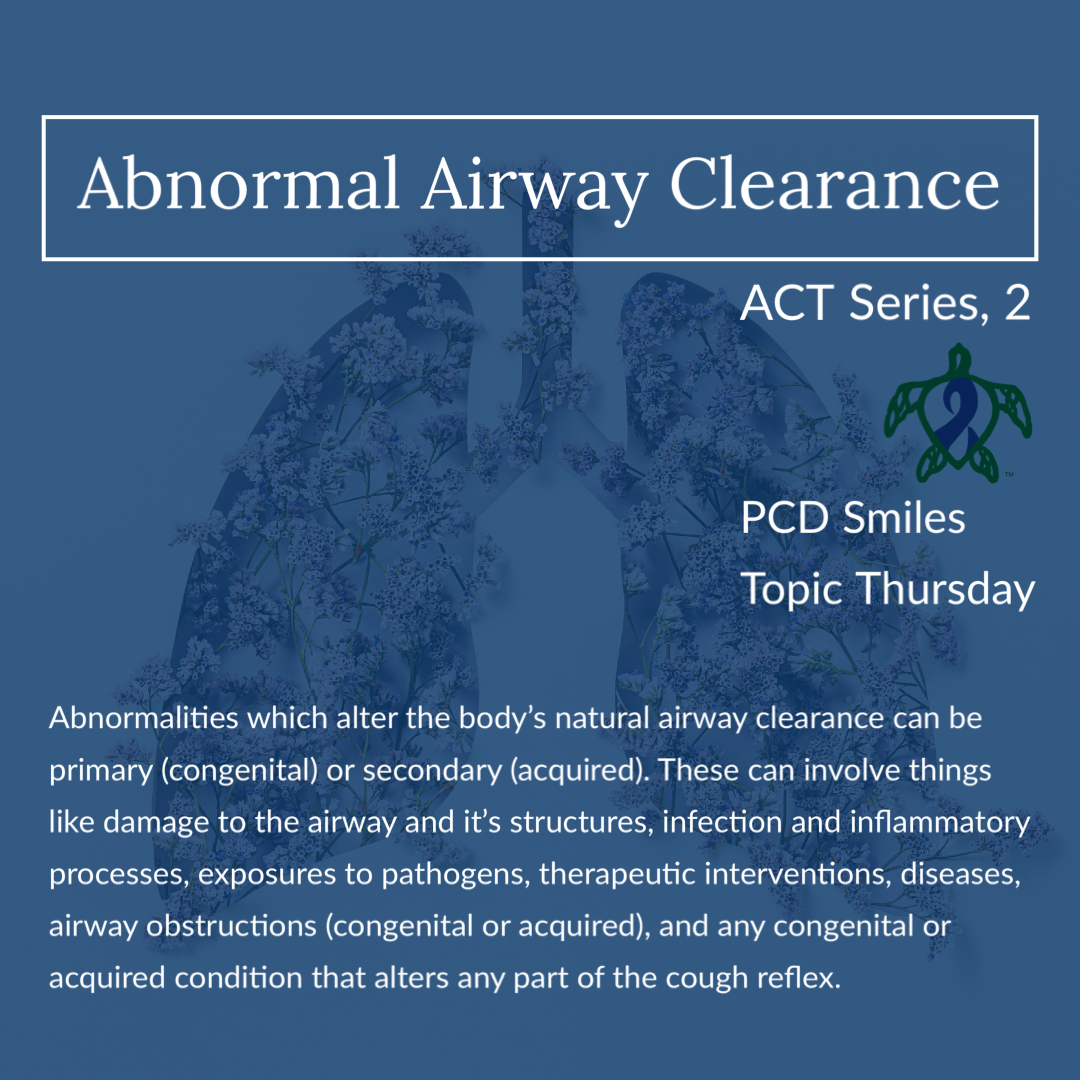PCD (primary ciliary dyskinesia) awareness is an essential part of finding a cure for PCD. Awareness is also a difficult topic in the world of PCD. How do we raise awareness without showing our weaknesses as patients? Do we really want the world to know what we go through? How do I share my family member’s PCD and protect their privacy? Is spreading awareness about PCD necessary, or is it attention seeking? And finally why is PCD awareness so essential in finding a cure for those with PCD? Let us start by examining these aforementioned questions.
So how do we raise awareness without showing our weaknesses as patients? You know the old saying that “Beauty is in the eye of the beholder”, who’s to say the same thing can’t be said about weakness as well. When we share our PCD stories, concerns, frustrations, or our PCD path in general it is not weakness to share the good and the bad. Actually it takes real courage to show others our vulnerabilities, our fears, and our trails right alongside of our triumphs. Sometimes our greatest strength is actually our own perceived weaknesses. So share your weaknesses right along side of your triumphs and embrace your journey with PCD, because the person you may help might just be the person behind you on the PCD path.
And do we as patients really want the world to know what we go through? This is a question that I ask myself every single time I decide to share something about my journey with PCD on social media. Everywhere I look there are always these nice rosy stories about PCD triumph and virtually no stories on the lows of PCD. In fact google the question, “Will PCD kill me?” You will find all these nice neat packages and quips about how a person can live a rosy long life with PCD just like the normal population. There is always attached to said articles on the web, that this is true for patients with PCD as long as they were diagnosed early in life. This, in my opinion, is absolutely wrong. I was diagnosed at a very early age, treated at a very early age as well, and my PCD path has been filled with not so rosy details. However there seems to be the need to paint such rosy pictures of the PCD life, but it is anything but rosy to those of us in trenches. Awhile ago, while doing some researching, I ran past a presentation given on PCD in association with a PCD Foundation meeting that said that the median life expectancy in PCD was just forty-six. Forty-six years of age, and that was a presentation given around 2006 if I remember correctly. Based on that revelation I then went in search of what researchers believe the current average life expectancy in PCD is in the year 2019 and the number that I came up with from an anonymous source places the current average life expectancy at just sixty-seven. My source doesn’t want to go on record at the present time. Part of the reason is that these numbers are just rough estimates based on incomplete data and anecdotal evidence only. There are several PCD patient registries being established and put together all over the world. Once the data from all of the accredited PCD Centers of Excellence are put into the registries the answers to some much sought after questions should emerge. These patient registries have the capability to change the PCD world in ways we can’t even begin to fathom right now. Our very understanding of PCD may change overnight. This new understanding of PCD can only happen by sharing everything; our complete PCD experience the good, the bad, and the ugly. We as patients have to be willing to share everything.
You might be asking yourself how do I share my family member’s PCD and protect their privacy? In today’s age of social media this is a very tough question. I’m personally thankful that social media wasn’t around when I was a child. My family overshared everything. I wasn’t given the right to object until I was eighteen. Everyone knew everything, and I despised my family for it. In a way, this very issue continues to shape my relationship with my family to this very day. Bullying was a big thing back in my day too. I believed and still believe that if my family wouldn’t have freely told everyone on the planet, including perfect strangers on the sidewalk every tiny detail that my bullying experience would have been much different. I’m not just talking about educating my teachers and staff about my PCD. Yes teachers and direct care people need to know. However, they didn’t need the nitty gritty details of my experience. Like let’s say, my antibiotics where giving me a yeast infection. These adults who where told this, then freely talked about my yeast infection in front of my peers, my peers parents, other teachers, and so on. They really didn’t know when to stop, they really didn’t care about my privacy, and they never took my feelings in to consideration. I was just food for gossip with everyone. People really need to stop and take into consideration a minor child’s right to privacy. This is especially a big thing when dealing with a special needs child. They deserve privacy and the right to choose. So how do you share a family member’s journey with PCD? Ask them, run your idea or ideas for sharing by them and get their approval, and mostly involve them in your awareness efforts; because it’s their life and they will be the ones who have to deal with the fall out when they come of age.
Is spreading awareness about PCD necessary, or is it attention seeking? I often get asked if I’m oversharing my PCD experience. Is my endgame attention seeking or is it really awareness? But here is the thing, yes it is a fine line between spreading awareness and attention seeking. The only way to create awareness is to seek out attention, but is it the right kind of attention. I don’t want sympathy, that is not why I share my PCD experience. I want people to know and understand the PCD experience so that they are better equipped to deal with their PCD loved one. And yes sometimes that loved one I am talking about is me, when the person reading my awareness postings is a family member or friend of mine. By helping others understand the PCD experience I hope to ease the burden of PCD on my fellow PCDers. If people do not know what we go through, then how do we expect them to help those of us with PCD. How do we expect them to care about the fact that cures for a rare diseases are most oftentimes funded by the friends and family members of those with the actual diseases. If they don’t know, if they don’t understand, and if they don’t care how are we ever going to find real treatments and ultimately a cure for primary ciliary dyskinesia?
And finally, why is PCD awareness so essential in finding a cure for those with PCD? Well I think I’ve pretty much covered that in the last paragraph. Let me just add that besides helping advance research by helping with funding issues, we need to raise awareness so that other people actually hear the name; primary ciliary dyskinesia. PCD needs to become a household name, just like CF is, if we ever hope to find a cure; let alone fund a cure. We need to get medical students, medical researchers, and the pharmaceutical industry interested in PCD. We want to bust the myth that PCD is a mild disease that most grow out of; which is truly false by the way. But these medical and pharmaceutical people actually still believe these untrue things, because some old medical journal says these untrue things are true. These medical and pharmaceutical people aren’t interested in keeping up with the emerging data that is proving that PCD is anything BUT a mild disease. I had a friend go speak in front of a group of medical professionals at a medical conference a few years ago. The conference attendees where shocked to learn my fellow PCDer and friend required and received a double lung transplant due to PCD, because to their knowledge from school PCD rarely resulted in the need for a lung transplant. Well I can name a dozen PCDers who are post-double lung transplant and just over twenty PCDers who are currently either on the transplant list waiting their transplant, or are currently going through the transplant evaluation process before being listed for transplant.
PCD awareness is an essential part of finding a cure for PCD, because PCD is so widely mischaracterized in severity and outcomes. We need to raise awareness to raise the funds to actually help ease the burden of PCD on not only myself, but my fellow PCDers as well. How do we raise awareness effectively and safely? We accomplish this by keeping the name PCD or primary ciliary dyskinesia out there and in everyone’s faces. We want interest in PCD not only in the medical and pharmaceutical industry, but in the insurance industry and in the everyday world. Keep spreading PCD awareness people! Tell your truth! Help us find and fund a cure for primary ciliary dyskinesia.
Join our Facebook group Turtle Talk Café today, click here.
We have several ways that you can donate to PCD Smiles;
- Visit Smile E. Turtle's Amazon Wishlist
- For more information on how you can donate, please visit our "Donation" page to check out our "Do & Don't policies.
- Or sponsor a PCD Smiles cheer package today!
- To shop for your “Official” turtle care ribbon gear today, visit PCD Style or Smile E. Cove
Thank you for your consideration!
